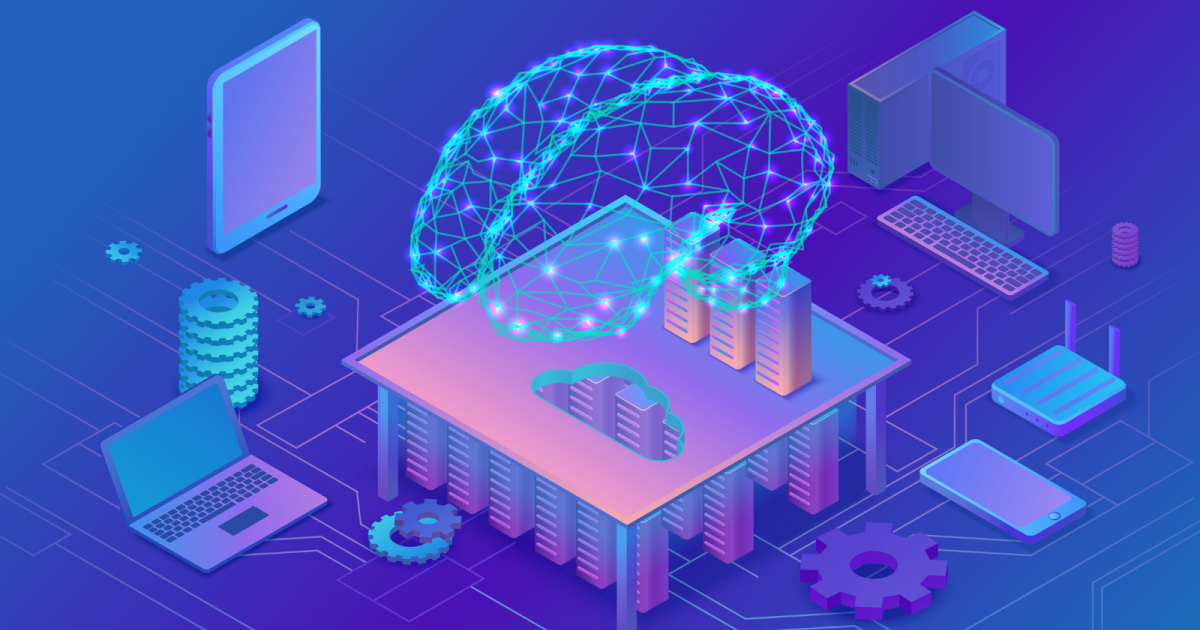The Potential Risks of Artificial Intelligence and Automation

Artificial intelligence (AI) and automation offer numerous benefits across various industries, but they also pose several potential risks and challenges. Here are some of the key risks associated with AI and automation:
-
Job Displacement and Economic Disruption:
- Automation and AI technologies have the potential to automate repetitive tasks, leading to job displacement, unemployment, and economic disruption, particularly in sectors with routine, manual labor.
- The "hollowing out" of the job market may exacerbate income inequality, as low-skilled workers face displacement, while high-skilled workers benefit from new job opportunities and higher wages in AI-related fields.
-
Bias and Discrimination:
- AI systems can perpetuate and amplify biases present in training data, algorithms, or decision-making processes, leading to unfair or discriminatory outcomes, particularly in areas such as hiring, lending, and criminal justice.
- Biased AI algorithms may reinforce existing social inequalities and discrimination against marginalized or underrepresented groups, exacerbating societal disparities and undermining trust in AI systems.
-
Privacy and Surveillance:
- AI-powered surveillance technologies, facial recognition systems, and predictive analytics raise concerns about privacy, data security, and civil liberties, as they enable mass surveillance, tracking, and profiling of individuals without their consent.
- Invasive surveillance practices and data collection by AI systems may infringe on individuals' privacy rights, erode personal autonomy, and undermine democratic principles of freedom and individual rights.
-
Autonomous Weapons and Ethical Concerns:
- The development of autonomous weapons systems, such as lethal drones and autonomous military robots, raises ethical concerns about the use of AI in warfare, including accountability, compliance with international humanitarian law, and the potential for unintended consequences and escalation of conflicts.
- Ethical considerations surrounding the use of AI in military and security contexts, including transparency, human oversight, and adherence to ethical principles, are critical for ensuring responsible deployment and preventing misuse of AI technologies.
-
Algorithmic Errors and Unintended Consequences:
- AI algorithms are susceptible to errors, biases, and unintended consequences, which can result in erroneous decisions, system failures, and negative impacts on individuals and society.
- Lack of transparency, explainability, and accountability in AI systems makes it challenging to identify and address algorithmic errors, leading to potential harm, distrust, and loss of public confidence in AI technologies.
-
Cybersecurity Risks and Vulnerabilities:
- AI systems and automated processes may introduce new cybersecurity risks, vulnerabilities, and attack vectors, as adversaries exploit AI algorithms and autonomous systems for malicious purposes, such as data breaches, identity theft, and cyberattacks.
- Adversarial attacks, data poisoning, and manipulation of AI models pose threats to the integrity, reliability, and security of AI systems, requiring robust cybersecurity measures and defenses to mitigate risks and protect against cyber threats.
-
Loss of Human Control and Autonomy:
- The increasing autonomy and decision-making capabilities of AI systems raise concerns about loss of human control, accountability, and oversight in critical domains, such as healthcare, transportation, and finance.
- Dependence on AI-driven automation may diminish human agency, judgment, and expertise, leading to overreliance on AI systems, complacency, and reduced human accountability for decision-making and actions.
Addressing these risks requires proactive measures, including ethical guidelines, regulatory frameworks, transparency mechanisms, and interdisciplinary collaboration to ensure the responsible development, deployment, and governance of AI and automation technologies in ways that promote societal well-being, equity, and human values.
Thank you,
